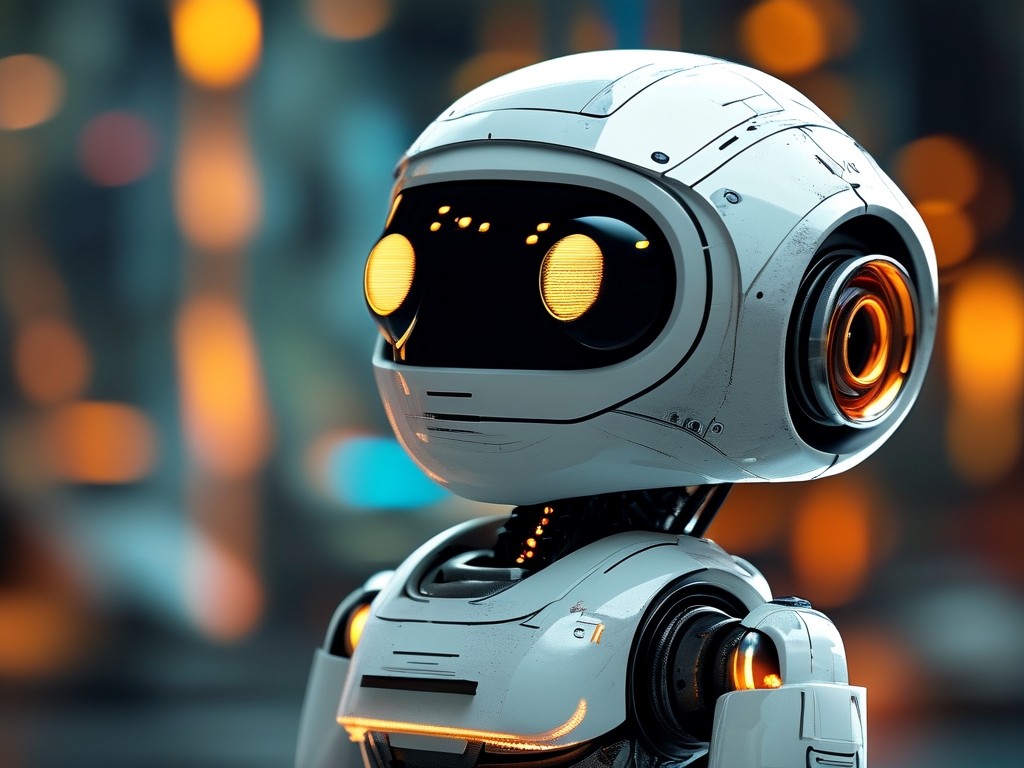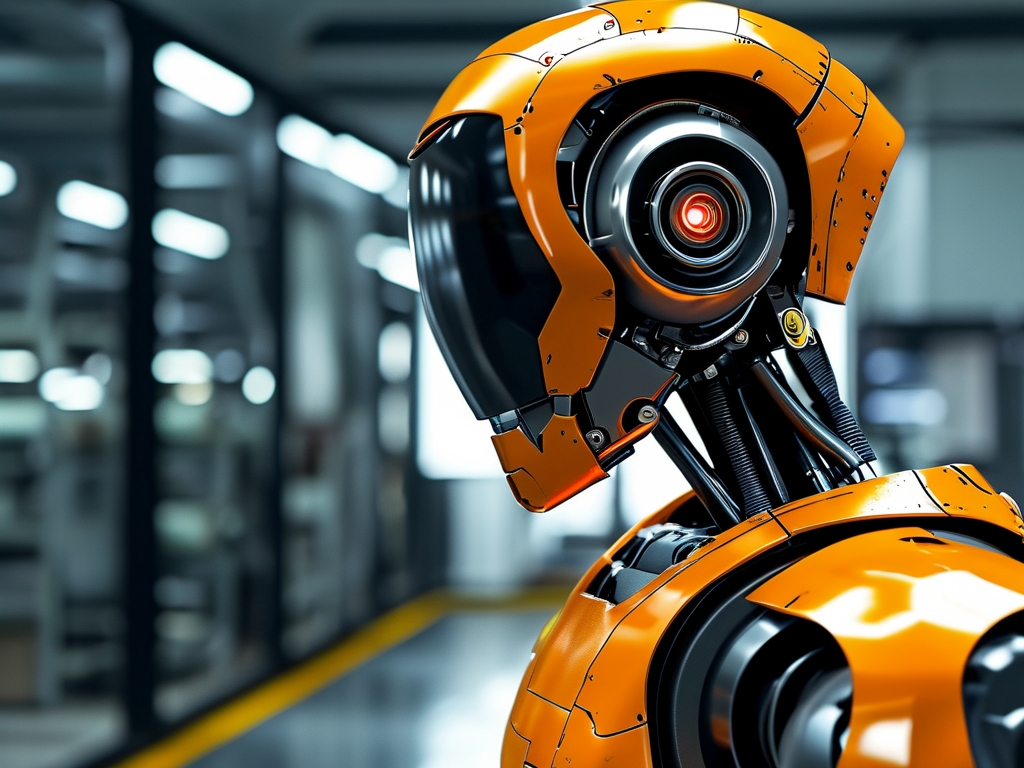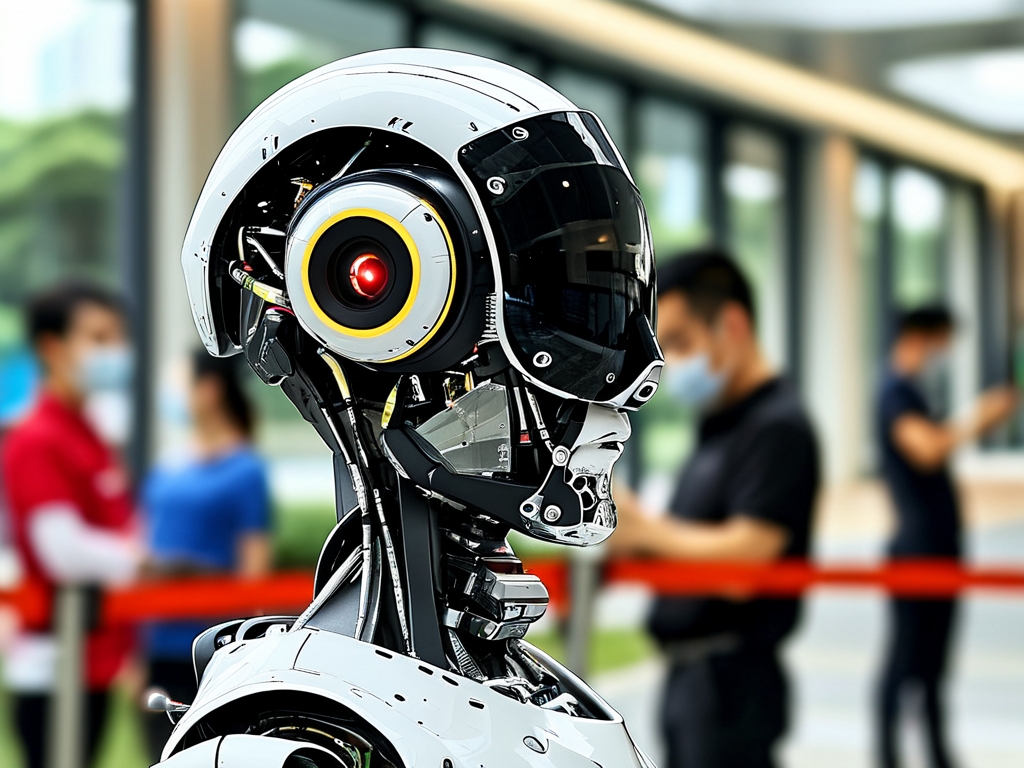In the rapidly evolving landscape of robotics and automation, Kewei Robotics has emerged as a trailblazer, redefining industry standards through its unparalleled technological prowess. With a relentless focus on innovation, the company has positioned itself at the forefront of intelligent manufacturing, healthcare robotics, and AI-driven solutions. This article explores the multifaceted technological strengths of Kewei Robotics, shedding light on its groundbreaking achievements and their implications for the future.
Core Technological Capabilities
Kewei Robotics’ success is rooted in its mastery of three core technological pillars: advanced AI algorithms, precision engineering, and adaptive system integration.
-
AI-Driven Decision-Making:
At the heart of Kewei’s robots lies a proprietary AI framework capable of real-time data processing and autonomous decision-making. Unlike conventional systems that rely on pre-programmed instructions, Kewei’s robots leverage machine learning models trained on vast datasets, enabling them to adapt to dynamic environments. For instance, their industrial robots used in automotive manufacturing can detect minute defects in components with 99.98% accuracy, reducing production waste by 40%. -
Precision Engineering and Hardware Innovation:
Kewei’s hardware designs integrate cutting-edge materials and modular architectures. Their collaborative robots (cobots) feature ultra-sensitive force-torque sensors and carbon-fiber joints, allowing them to perform delicate tasks such as semiconductor assembly or surgical assistance. The company’s patented "FluidMotion" actuator system mimics human muscle flexibility, achieving motion precision within 0.01 millimeters—a benchmark unmatched in the industry. -
Seamless System Integration:
Kewei’s robots are designed to operate within interconnected ecosystems. Their OrionOS platform enables seamless communication between robots, IoT devices, and legacy manufacturing systems. This interoperability has revolutionized sectors like logistics, where Kewei’s warehouse robots coordinate with autonomous vehicles and inventory management software to reduce delivery times by 30%.
Industry Applications and Impact
Kewei’s technological advancements have catalyzed transformations across diverse sectors:
-
Healthcare:
The MediBot Series, deployed in over 200 hospitals globally, assists surgeons in minimally invasive procedures. Equipped with haptic feedback and 3D vision systems, these robots reduce operation times by 25% and improve patient recovery outcomes. During the COVID-19 pandemic, Kewei’s disinfection robots autonomously sanitized high-risk zones, mitigating infection spread. -
Agriculture:
In partnership with agritech firms, Kewei developed AI-powered harvesters that identify ripe crops using multispectral imaging. This innovation increased yield efficiency by 35% for strawberry farms in Japan while minimizing labor costs. -
Smart Cities:
Kewei’s urban maintenance robots monitor infrastructure integrity, detecting issues like gas leaks or road cracks. In Shanghai, their robotic systems reduced municipal repair response times from 48 hours to just 6.
R&D and Global Collaborations
Kewei allocates 18% of its annual revenue to R&D, operating labs in Shenzhen, Munich, and Silicon Valley. Recent breakthroughs include:
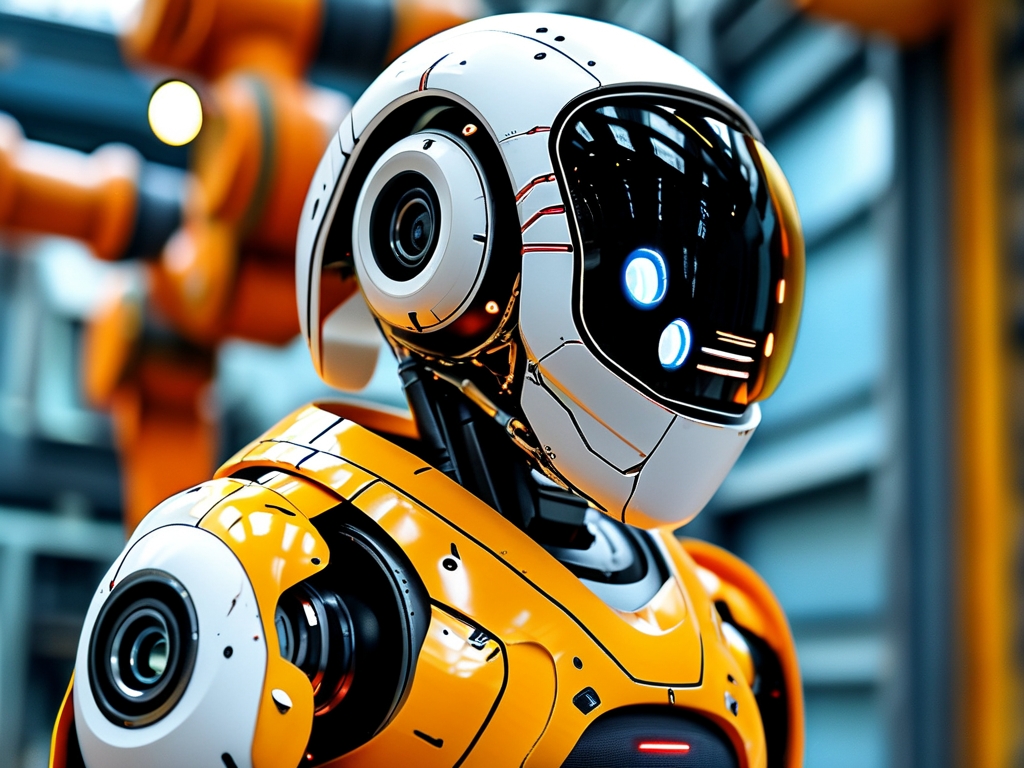
- A quantum computing-powered optimization engine for robotic pathfinding.
- Biodegradable polymer components to reduce environmental footprint.
The company collaborates with institutions like MIT and the Fraunhofer Institute, fostering cross-disciplinary innovation. In 2023, Kewei joined the Global Robotics Ethics Consortium, advocating for responsible AI deployment.
Challenges and Future Vision
Despite its achievements, Kewei faces challenges such as supply chain vulnerabilities and regulatory hurdles in cross-border data sharing. However, its roadmap aims higher:
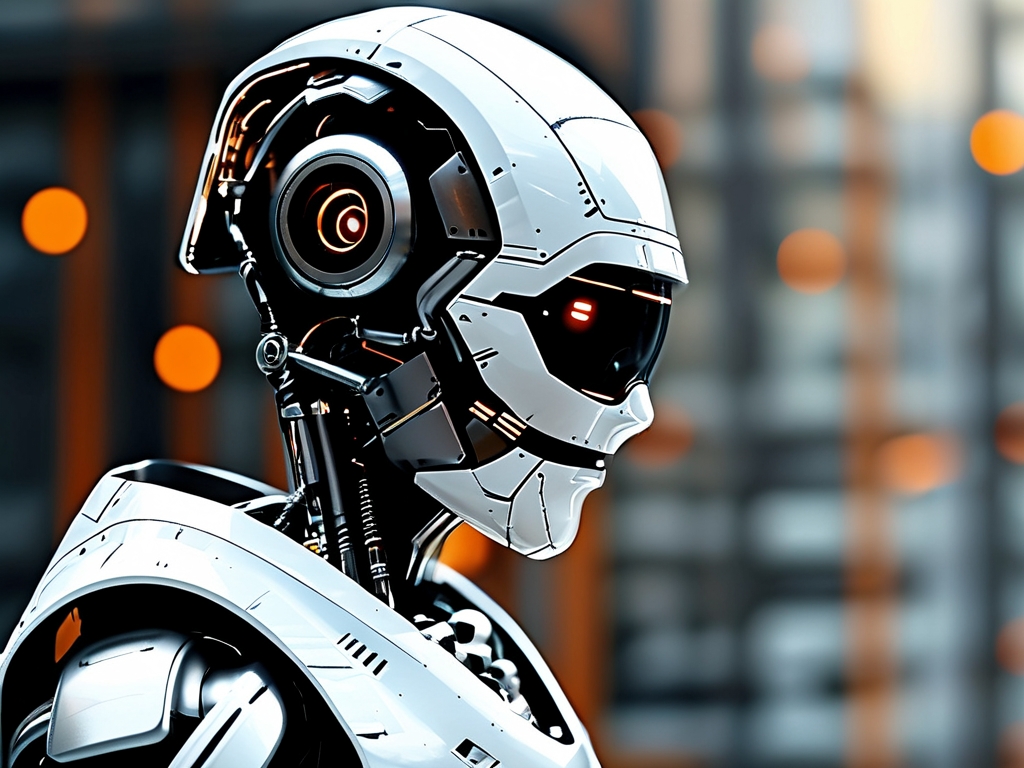
- Developing swarm robotics for disaster response.
- Launching consumer-facing home assistant robots by 2025.
- Pioneering brain-computer interface (BCI) technologies for enhanced human-robot collaboration.
Kewei Robotics exemplifies how technological excellence can drive societal progress. By merging AI, engineering precision, and ethical foresight, the company is not just building robots—it’s shaping a future where humans and machines coexist synergistically. As industries worldwide grapple with digital transformation, Kewei’s innovations offer a blueprint for sustainable, intelligent automation.


